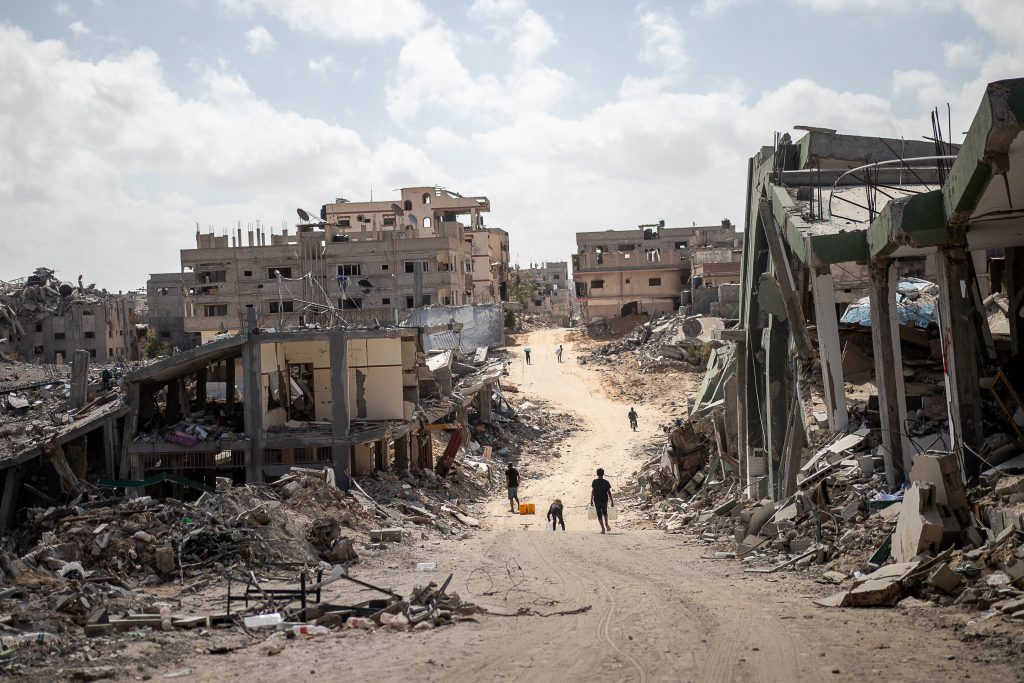Statement by organisations: Widespread hunger-related deaths in Gaza can be prevented if given the chance

The distress in Gaza has grown to unprecedented proportions. Safe areas and access to food and other vital aid have become almost non-existent, as the amount of humanitarian aid allowed into the region is grossly insufficient and the conditions for aid work are unsafe. Moreover, the entire healthcare system in Gaza has collapsed.
A recent IPC report states that the worst-case scenario of famine is unfolding in Gaza: there is a sharp rise in the number of hunger-related deaths. The report shows that more than 70,000 children under the age of five and 17,000 pregnant and breastfeeding women are currently suffering from acute malnutrition. The entire population of the Gaza Strip under the age of five is at risk of acute malnutrition.
According to the Gaza Health Ministry, 147 people, including 88 children, have died of malnutrition and hunger since October 2023. In July alone, at least 25 children died from malnutrition, according to the UN.
We humanitarian actors – Finn Church Aid, Save the Children Finland, the Red Cross and UNICEF – are capable of saving lives, but this requires restoring the functional capacity of the humanitarian system.
We receive messages of distress from our employees and from children and families in Gaza. They tell us what it feels like to go several days without eating. They tell us what it is like to see their own children withering away before their eyes. Children may faint in the middle of play, and their biggest dreams are about food.
The war has deprived people of all the conditions of life and children of their fundamental rights: the right to life, survival and development.
We also receive messages of concern from Finns: citizens are demanding action for the people in distress. We Finns also have the capacity to fight the humanitarian crisis and famine in Gaza, but in order to mitigate the catastrophic situation, we must be able to deliver aid to the region unhindered.
Aid organisations have repeatedly called for unhindered, continuous and safe humanitarian access to the region. Civilians need food, water and medicine more than ever. Aid transports must be allowed access to the region, and aid workers must be provided with safe conditions for saving lives.
This also requires immediate action by Finland, the EU and the international community in order to achieve a permanent ceasefire and protect civilians in Gaza.
The international, rules-based activities are currently being put to the test, but impartial assistance based on humanitarian principles and international humanitarian law is in the interest of all parties.
We cannot simply stand by and watch an entire population starve to death before our eyes because of a man-made disaster. The loss of life can be prevented.
Tomi Järvinen, Executive Director, Finn Church Aid
Kaisa Leikola, Secretary General, Save the Children Finland
Annina Tanhuanpää, Secretary General, UNICEF Finland
Eero Rämö, Secretary General, Finnish Red Cross